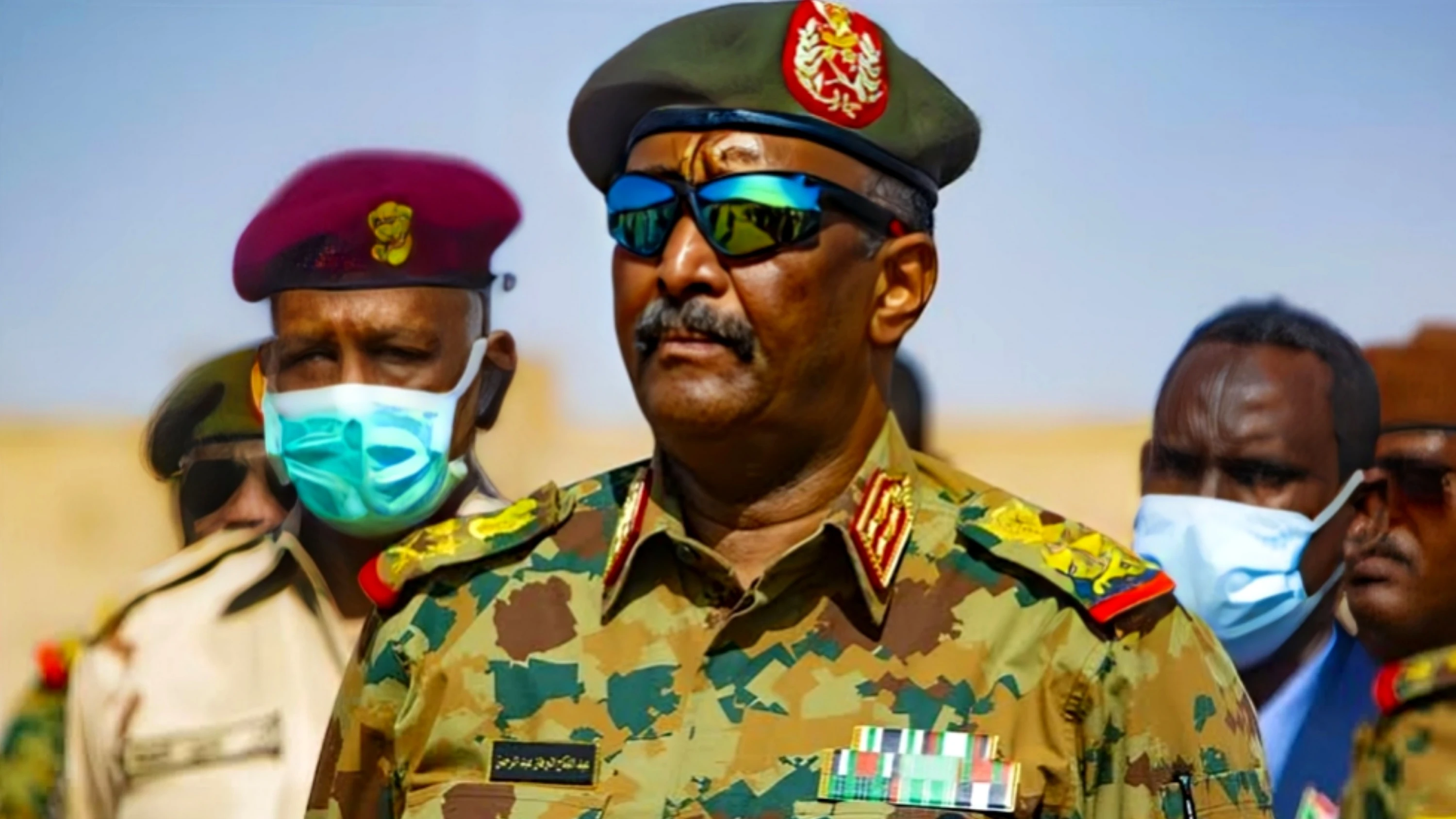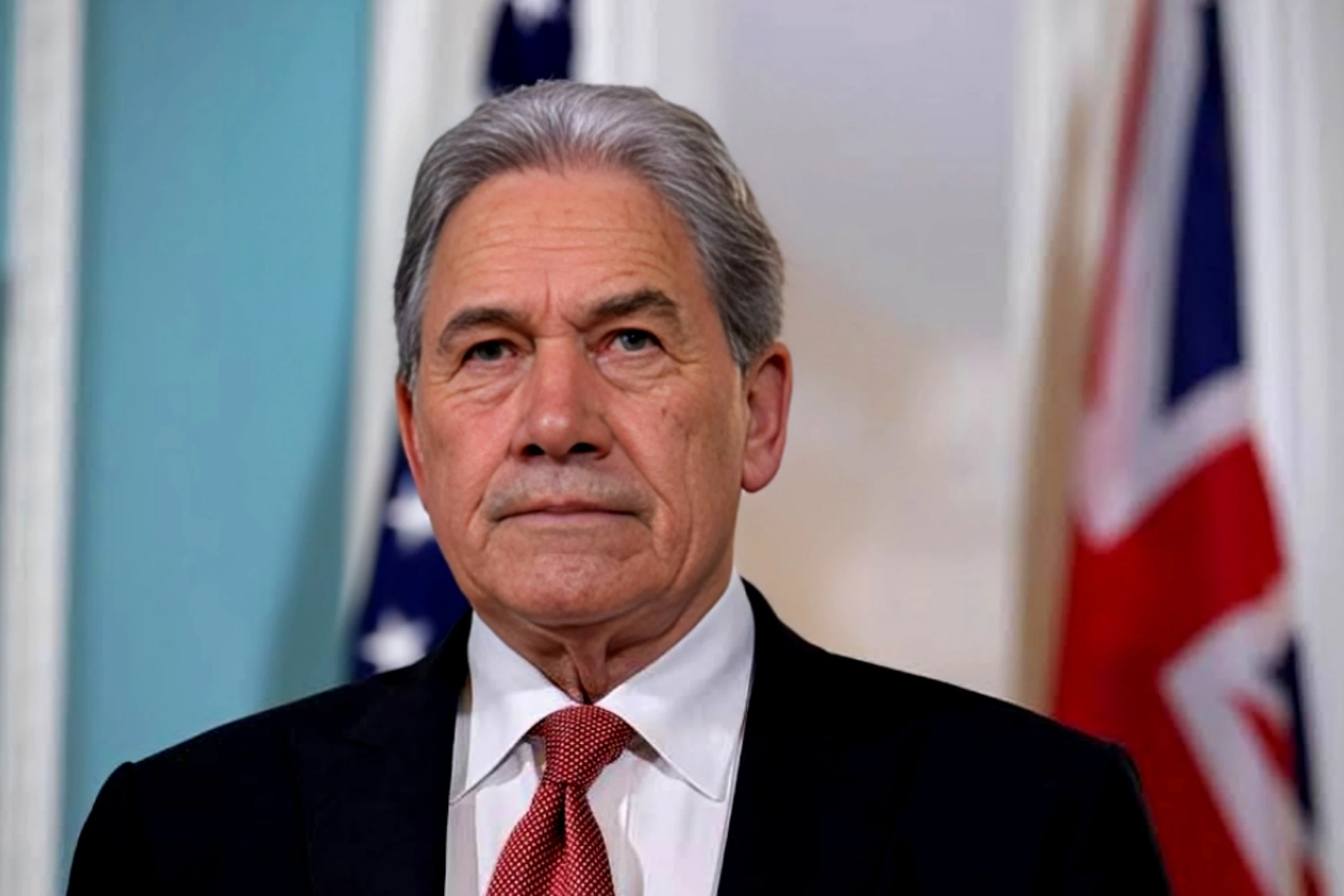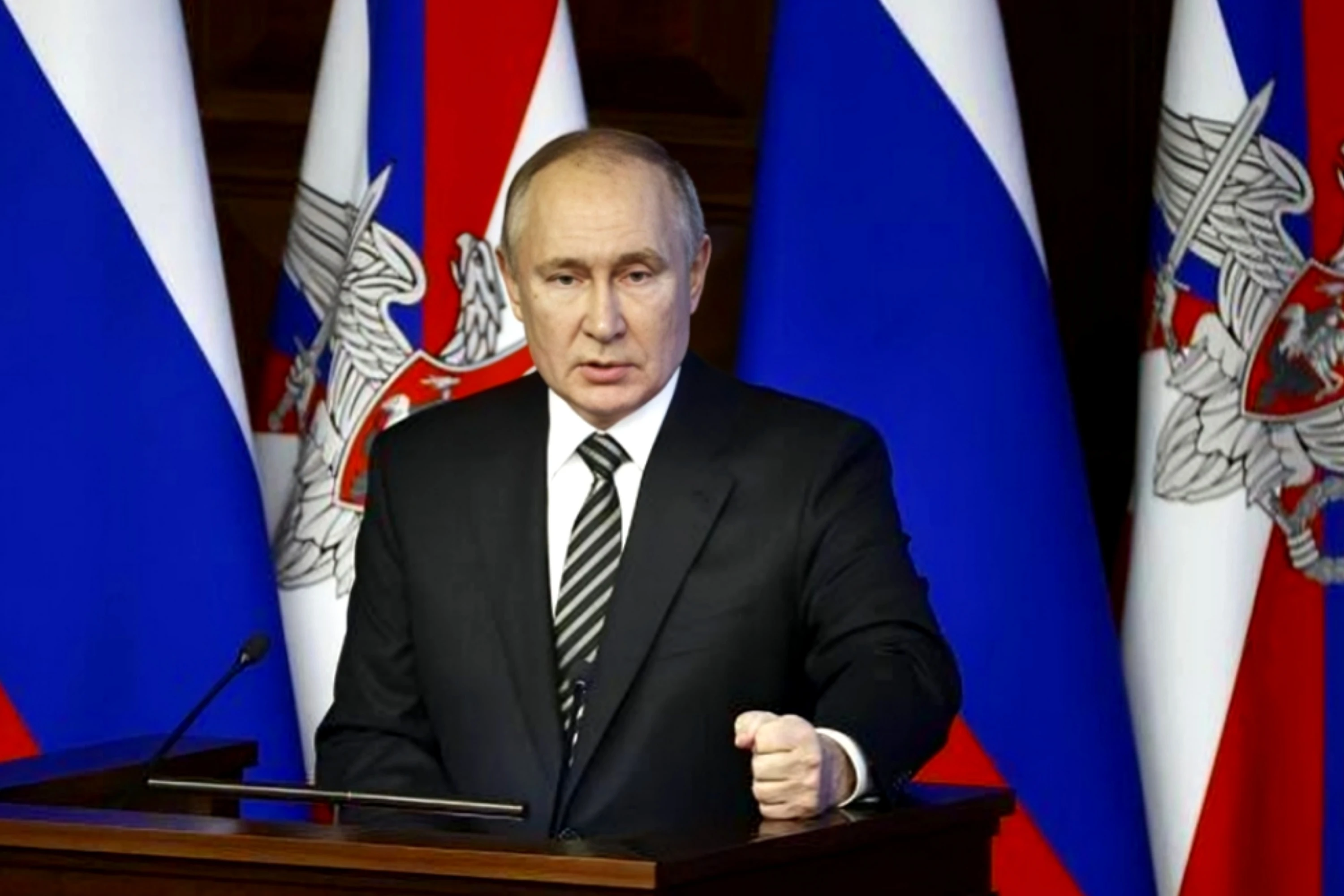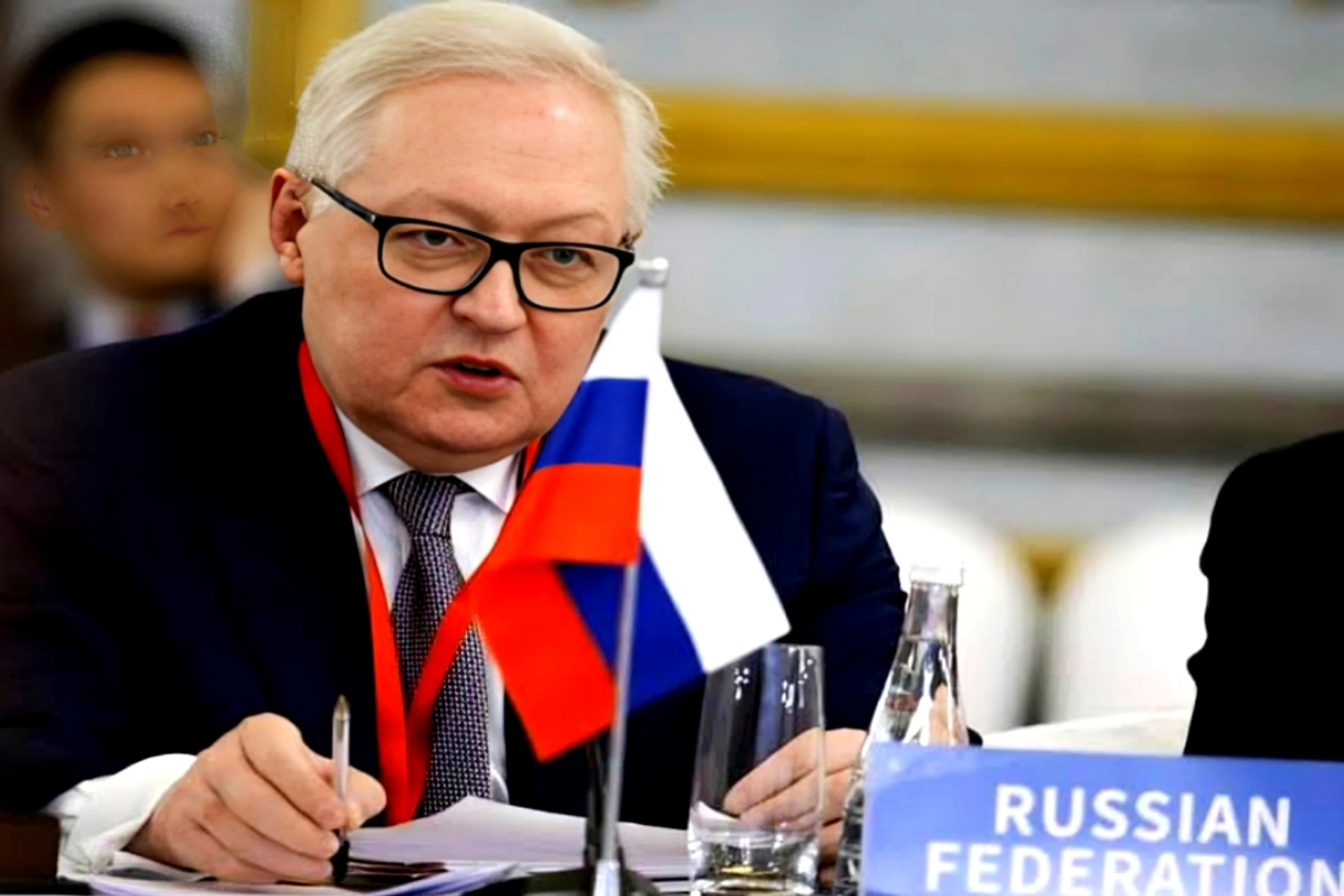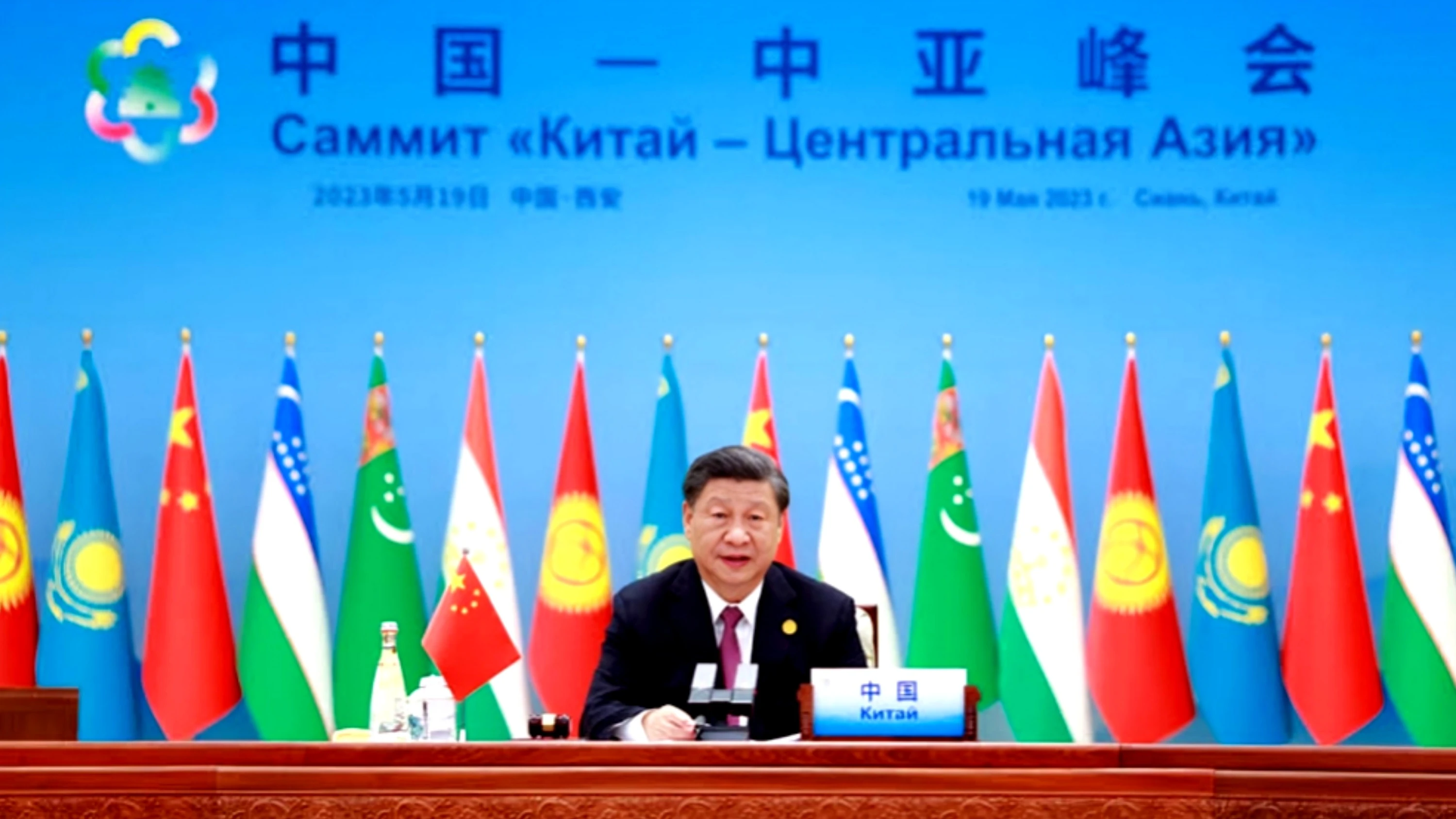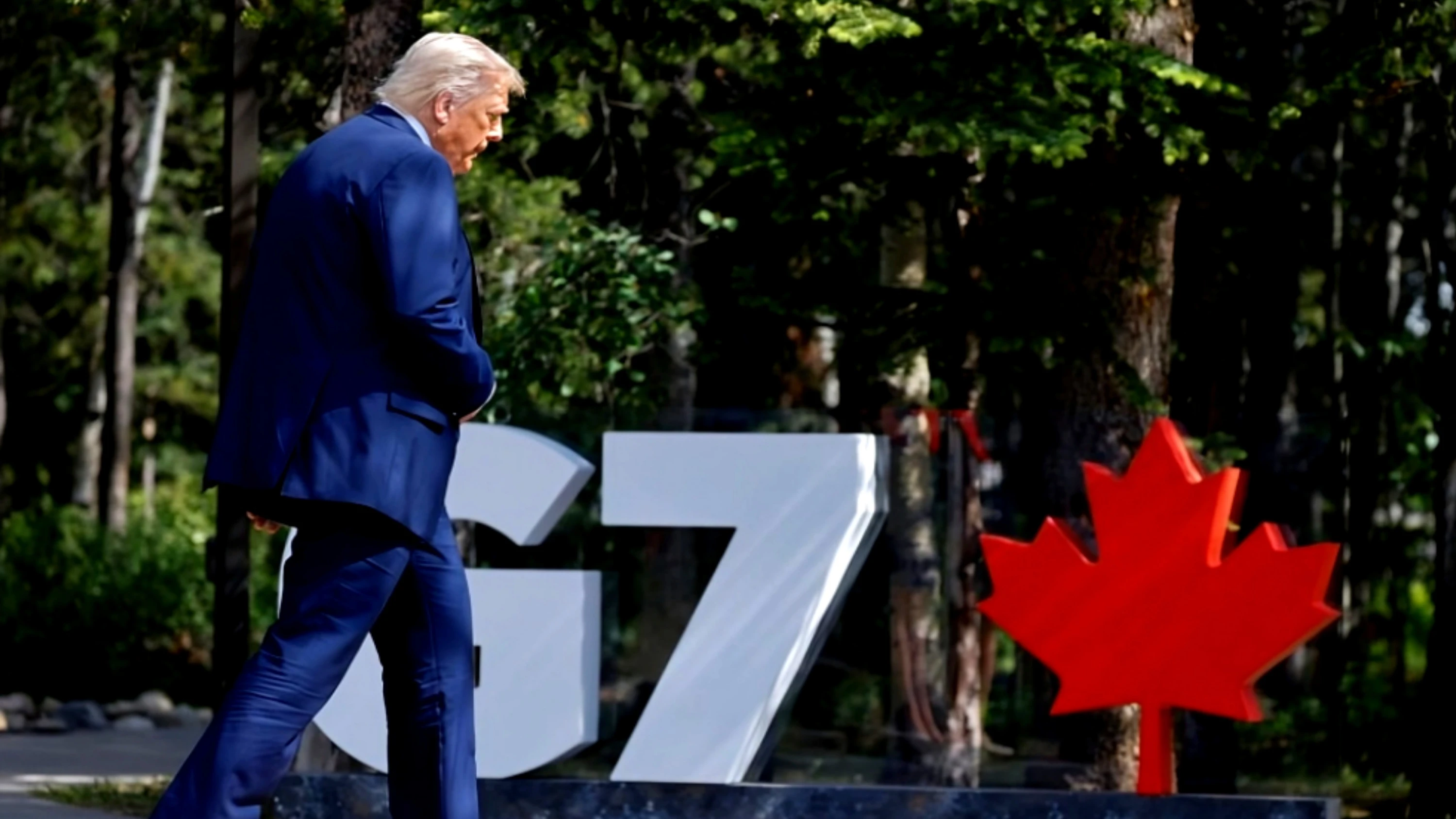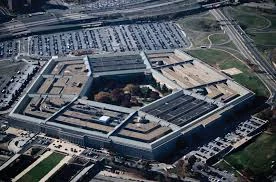Khartoum: Sudan’s military-backed government has firmly denied accusations by the United States that its forces used chemical weapons in the ongoing conflict with the paramilitary Rapid Support Forces (RSF). The denial came one day after Washington announced new sanctions on Khartoum over the alleged violations.
In a statement on Friday, Sudanese Information Minister Khalid al-Aiser dismissed the U.S. claims as “baseless” and described them as “political blackmail” aimed at manipulating global opinion. “This is a deliberate misrepresentation of the facts,” Aiser said, condemning the move by the Trump administration to restrict U.S. exports and financial dealings with the Sudanese government.
On Thursday, the U.S. State Department informed Congress that it had concluded Sudan’s army used chemical agents—believed to be chlorine gas—during its battle with the RSF last year, a decision that activates automatic sanctions within 15 days.
Although the direct economic impact of the new measures may be minimal—both military leader Abdel Fattah al-Burhan and RSF commander Mohamed Hamdan Daglo are already under U.S. sanctions—the political ramifications are significant.
The conflict, now in its third year, has devastated the country, leaving tens of thousands dead and forcing over 13 million people from their homes. The United Nations has labelled it the worst humanitarian crisis in the world.
The Sudanese government, now operating from the Red Sea city of Port Sudan, accused the United States of bias and alleged Washington is turning a blind eye to atrocities committed by the RSF, which it claims receives military support from the United Arab Emirates (UAE). Aiser criticized the U.S. for ignoring “well-documented crimes” in Darfur and other regions, stating, “The U.S. remains silent about the UAE’s provision of drones and advanced American-made weaponry to militias.”
These claims echo findings from UN investigators and other international observers who have reported Emirati arms transfers to the RSF—allegations the UAE has consistently denied.
The New York Times previously reported that U.S. intelligence believed Sudan’s army deployed chemical weapons, specifically chlorine gas, on at least two occasions in isolated areas during its conflict with the RSF.
Meanwhile, Sudan’s military claimed earlier this week to have fully regained control of greater Khartoum, including Omdurman, in a significant blow to RSF positions in the capital.
The civil war has effectively fractured the country, with the military holding power in the central, northern, and eastern regions, while the RSF dominates Darfur and parts of the south with the help of allied militias.
The United States has urged the Sudanese government to comply with its commitments under the Chemical Weapons Convention, an international treaty prohibiting the use of such arms.


